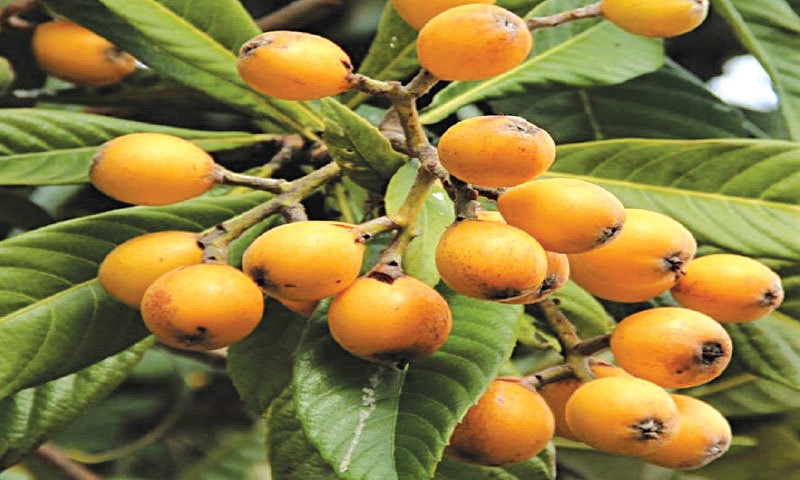Q. I read on the internet that burying tea bags close to your garden plants keeps vermin away because they don’t like the smell. Is this true and what other garden uses do tea bags have?
A. Not true at all. Tea bags — most of them are made out of a fabric that contains plastic — should never be used in the garden as such. The bags should be cut open, the used tea leaves taken out, and the bags disposed of in the bin. Used tea leaves can be added to compost tea, to the compost heap or sprinkled around plants as a very mild fertiliser/soil conditioner.
Q. I live in Jeddah, Saudi Arabia, and recently bought two Aloe Vera plants, one each from two different places. One has survived and one died. What can I plant using the soil from the Aloe Vera that died? In addition, give some tips for growing cacti and succulents.
A. Do not reuse the soil. The plant may have been diseased. Growing tips for cacti and succulents will be dealt with in a future column.
Q. Why is Punjab referred to as being ‘our bread basket’? All the vegetables grown there can be grown in Karachi too. I know this isn’t really a gardening question but I am curious about it.
All your gardening queries answered here
A. Punjab, the ‘Land of the five rivers’, earned this title as its high fertility, combined with the irrigation water of its five rivers, makes it perfect for wheat cultivation. It is from wheat that the flour for our bread comes, hence the title ‘Bread basket of Pakistan.’ It has nothing to do with vegetable growing at all.

Q. I have some coconut trees on my land at Gharo, near Thatta. The trees are about three years old and about 10-12 feet high. At what age will they start to produce fruit and how best to take care of them for their long-term health?
A. Coconut palms usually begin fruiting when they are five to six years old, reaching their full cropping potential by the age of 12-13 years. Regular irrigation, as a mature coconut palm needs as much as 50 litres water per day, is important, as is the regular application of well-rotted manure/organic compost as coconut palms need lots of nitrogen for healthy growth. Applying at least 10 kgs of manure/compost around — but not in direct contact with — the trunk of each palm every three months on a continuous basis is ideal.
Q. I was transferred to Karachi from Daharki two years ago and am still struggling to understand the climate in relation to growing vegetables and fruit. I grew many different things in Daharki but am facing difficulties here. I am now trying to make a list of which fruit and vegetables to try over the coming season and would appreciate advice on this. Also, is anyone here in Karachi getting a good crop of olives as this is one tree I would really like to try?

A. I suspect it is the very different soil conditions rather than the climate in Karachi that is hampering your vegetable-and fruit-growing activities. Improve your soil by the addition of old, well-rotted, preferably organic, manure and copious amounts of organic compost and results should improve. A monthly seed sowing guide appears in this column on the first Sunday of each month for guidance as to what to plant and when: this should be helpful to you. I have heard — but not personally seen — that a few people are getting decent olive crops in Karachi but, frankly speaking, in my humble opinion, the local climate there is far from ideal for this crop.
Q. Can you please suggest fast growing tree varieties, other than bamboo, that are good for the environment? I want to plant some such trees in Rawalpindi.
A. Trees to consider include the following: Kachnar, Neem, horse radish tree/drumstick tree/Moringa, silk cotton tree/Bombax malabaricum, Jacaranda, Amaltas, chinar or you could opt for a selection of fruit trees such as mango, loquat, oranges, grapefruit, lemons, peaches, plums or even bananas which, like bamboo, are a grass rather than a tree.

Q. I live in PECHS, Karachi and face severe water shortages. I would like advice on how to recycle the water used in my kitchen for my plants and grass.
A. Water from washing dishes, washing clothes, showering/bathing is known as ‘grey water’ and can be used in the garden, providing it does not contain any harmful chemicals, strong detergents, oil/grease, bleach or salt. Switch from using harsh cleaning products to eco-friendly/biological ones and filter the water — through extra fine mesh/muslin — to remove unwanted food particles etc, before use. It is possible to have a special, household size, recycling system, complete with separate storage tank, installed, but you will need to ask around about this as, unfortunately, I do not have exact details.
Please continue sending your gardening queries to zahrahnasir@hotmail.com. Remember to include your location. The writer does not respond directly by email. Emails with attachments will not be opened
Published in Dawn, EOS, July 26th, 2020

















































Dear visitor, the comments section is undergoing an overhaul and will return soon.